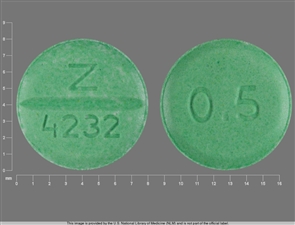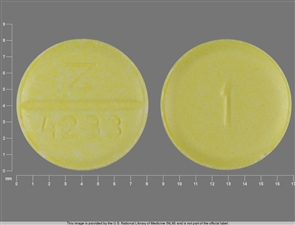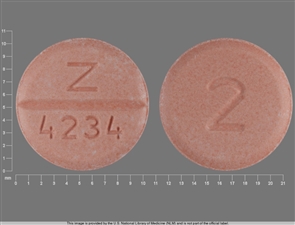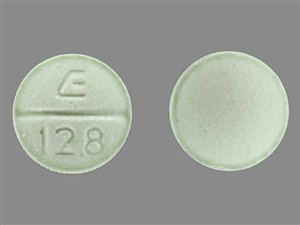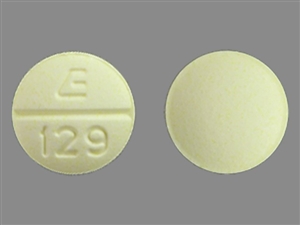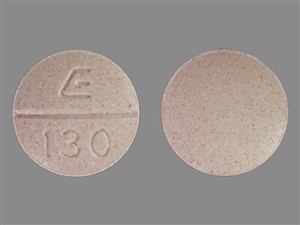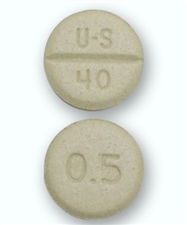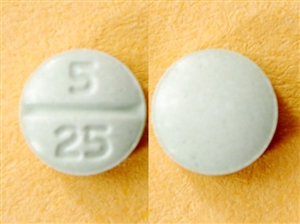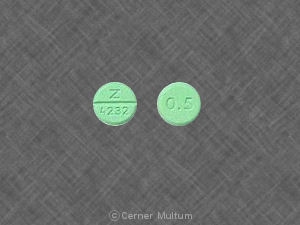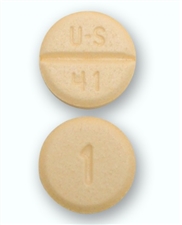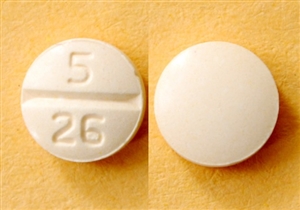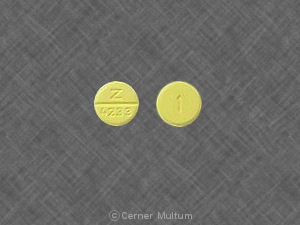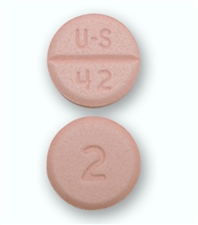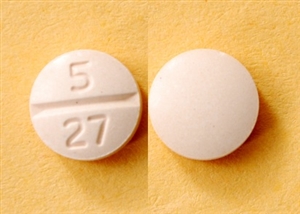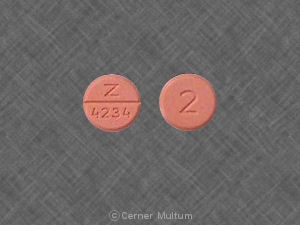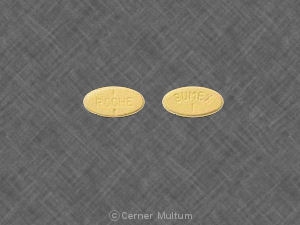bumetanide (oral/injection)
What is the most important information I should know about bumetanide?
You should not use bumetanide if you are unable to urinate, if you have severe kidney or liver disease, if you are severely dehydrated, or if you have an electrolyte imbalance (low potassium or magnesium).
What is bumetanide?
Bumetanide is diuretic that is used to treat fluid retention (edema) in people with congestive heart failure, liver disease, or a kidney disorder such as nephrotic syndrome. Bumetanide may also be used for purposes not listed in this medication guide.
What should I discuss with my healthcare provider before using bumetanide?
You should not use bumetanide if you are allergic to it, or if you have:
- severe kidney disease or are unable to urinate;
- severe liver disease or cirrhosis;
- severe dehydration; or
- an electrolyte imbalance (such as low levels of potassium or magnesium in your blood).
Tell your doctor if you have ever had:
- a heart rhythm disorder;
- liver disease;
- kidney disease (or if you are on dialysis);
- gout;
- an allergy to sulfa drugs; or
- if you are on a low-salt diet.
Tell your doctor if you are pregnant or breast-feeding.
Bumetanide is not approved for use by anyone younger than 18 years old.
How should I take bumetanide?
Follow all directions on your prescription label and read all medication guides or instruction sheets. Your doctor may occasionally change your dose. Use the medicine exactly as directed. Bumetanide injection is injected into a muscle, or given as an infusion into a vein. A healthcare provider will give you this injection if you are unable to take the medicine by mouth. Bumetanide will make you urinate more often and you may get dehydrated easily. Follow your doctor's instructions about taking potassium supplements or getting enough salt and potassium in your diet.
Call your doctor if you are sick with vomiting or diarrhea, or if you are sweating more than usual. You can easily become dehydrated while taking bumetanide. This can lead to very low blood pressure, a serious electrolyte imbalance, or kidney failure.
You will need frequent medical tests.
Store at room temperature away from heat, moisture, and light.
What happens if I miss a dose?
Bumetanide is sometimes used only once, so you may not be on a dosing schedule. If you are on a dosing schedule, take the medicine as soon as you can, but skip the missed dose if it is almost time for your next dose. Do not take two doses at one time.
What happens if I overdose?
Seek emergency medical attention or call the Poison Help line at 1-800-222-1222.
Overdose symptoms may include extreme dizziness or weakness, confusion, loss of appetite, stomach cramps, and vomiting.
What should I avoid while taking bumetanide?
Avoid becoming dehydrated. Follow your doctor's instructions about the type and amount of liquids you should drink while you are taking bumetanide.
What are the possible side effects of bumetanide
Get emergency medical help if you have signs of an allergic reaction: hives; difficult breathing; swelling of your face, lips, tongue, or throat.
Call your doctor at once if you have:
- hearing problems;
- confusion, hallucinations, problems with thought or memory;
- trouble speaking or understanding what is said to you;
- unusual weakness;
- twitching, or a seizure;
- weak or shallow breathing;
- easy bruising, unusual bleeding, purple or red spots under your skin;
-
low magnesium --dizziness, irregular heartbeats, feeling jittery, muscle cramps, muscle spasms, cough or choking feeling;
-
low potassium level --leg cramps, constipation, irregular heartbeats, fluttering in your chest, increased thirst or urination, numbness or tingling, muscle weakness or limp feeling; or
-
dehydration symptoms --feeling very thirsty or hot, being unable to urinate, heavy sweating, or hot and dry skin.
Common side effects may include:
- muscle cramps;
- dizziness;
- low blood presure;
- nausea; or
- headache.
This is not a complete list of side effects and others may occur. Call your doctor for medical advice about side effects. You may report side effects to FDA at 1-800-FDA-1088.
What other drugs will affect bumetanide?
Bumetanide can harm your kidneys, especially if you also use certain medicines for infections, cancer, osteoporosis, organ transplant rejection, bowel disorders, or pain or arthritis (including aspirin, Tylenol, Advil, and Aleve). Tell your doctor about all your other medicines, especially:
- lithium;
- digoxin;
- probenecid;
- indomethacin;
- blood pressure medication; or
- any other diuretic.
This list is not complete. Other drugs may affect bumetanide, including prescription and over-the-counter medicines, vitamins, and herbal products. Not all possible drug interactions are listed here.
Where can I get more information?
Your pharmacist can provide more information about bumetanide.
Remember, keep this and all other medicines out of the reach of children, never share your medicines with others, and use this medication only for the indication prescribed.
Every effort has been made to ensure that the information provided by Cerner Multum, Inc. ('Multum') is accurate, up-to-date, and complete, but no guarantee is made to that effect. Drug information contained herein may be time sensitive. Multum information has been compiled for use by healthcare practitioners and consumers in the United States and therefore Multum does not warrant that uses outside of the United States are appropriate, unless specifically indicated otherwise. Multum's drug information does not endorse drugs, diagnose patients or recommend therapy. Multum's drug information is an informational resource designed to assist licensed healthcare practitioners in caring for their patients and/or to serve consumers viewing this service as a supplement to, and not a substitute for, the expertise, skill, knowledge and judgment of healthcare practitioners. The absence of a warning for a given drug or drug combination in no way should be construed to indicate that the drug or drug combination is safe, effective or appropriate for any given patient. Multum does not assume any responsibility for any aspect of healthcare administered with the aid of information Multum provides. The information contained herein is not intended to cover all possible uses, directions, precautions, warnings, drug interactions, allergic reactions, or adverse effects. If you have questions about the drugs you are taking, check with your doctor, nurse or pharmacist.
Copyright 1996-2020 Cerner Multum, Inc. Version: 7.01. Revision date: 1/3/2019.
|
 |
|
